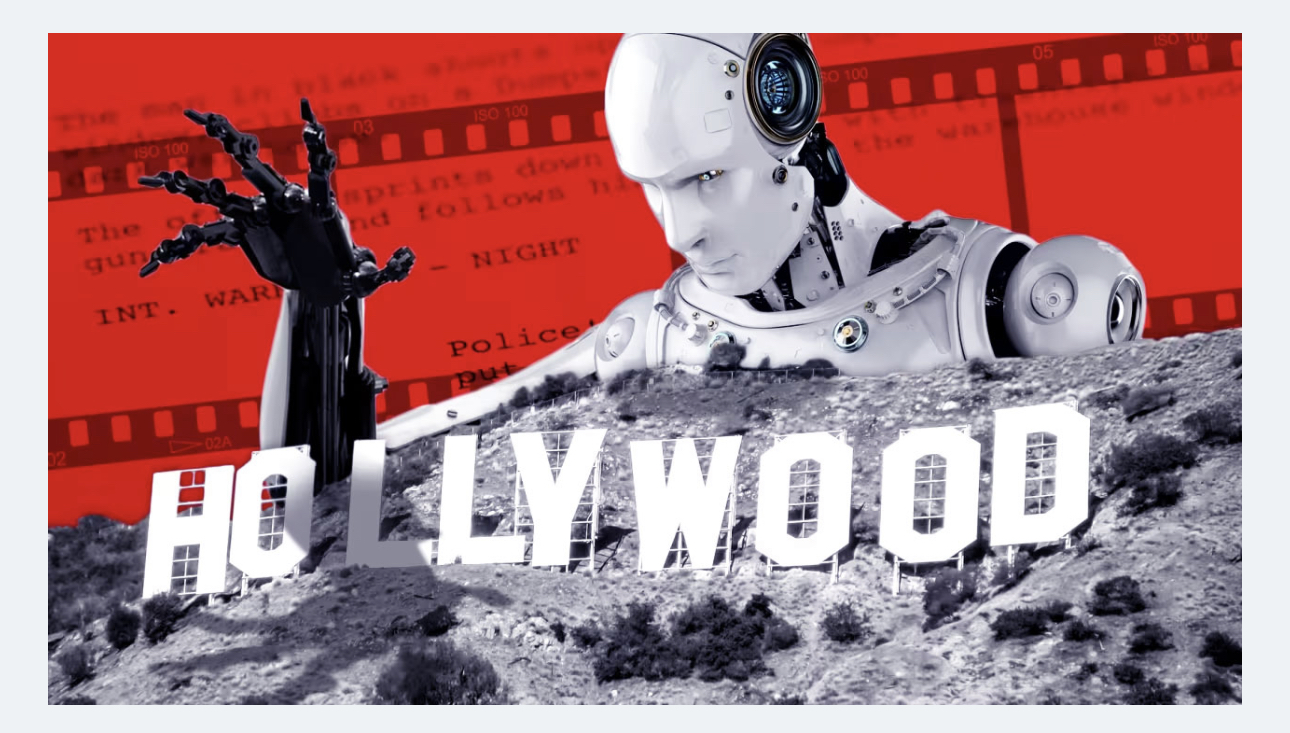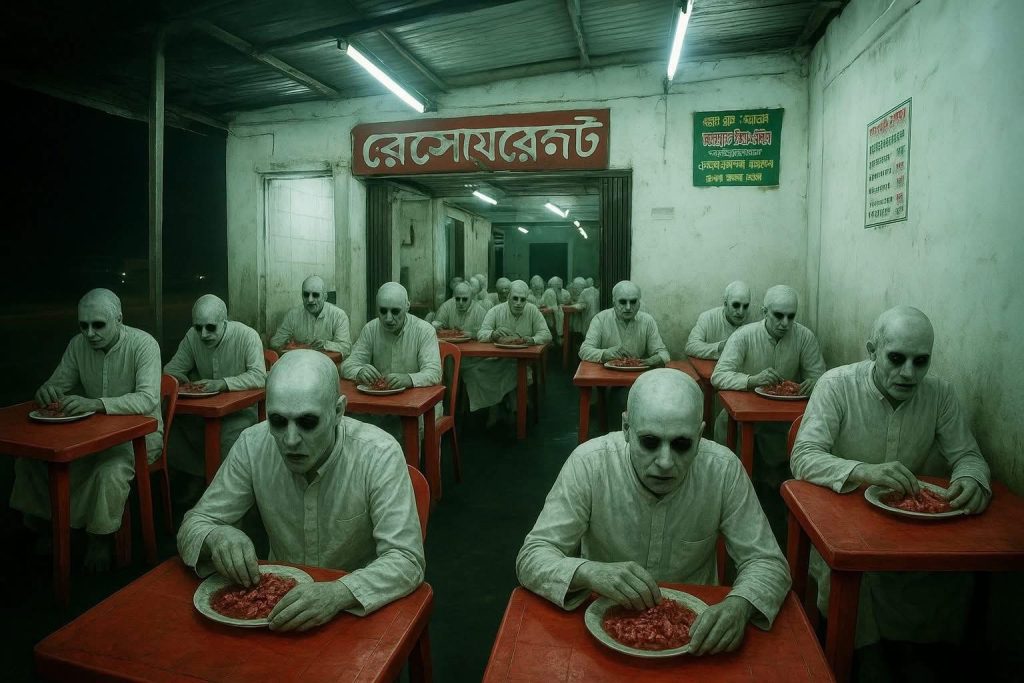Hollywood Script Readers Fear Automation as AI Use Explodes
Hollywood is caught in a web of fear regarding Artificial Intelligence (AI). This anxiety is particularly acute among the industry’s script readers—those tasked with meticulously reading screenplays, identifying flaws, and offering suggestions on how to improve the story. Their single biggest fear now is that AI will soon take over their jobs.
This concern was detailed in a report by the international entertainment media outlet, Variety. A test has already begun: who can provide better feedback—humans or AI?
A Producer’s Experiment with AI
Maurice Chappadellaine, a Hollywood film producer, constantly finds his desk piled high with screenplays. He reads three scripts himself each week, sending the rest to interns or film students. Even with their reports, Chappadellaine found the workload overwhelming.
At an event, the producer’s friends advised him to use AI to manage the pressure. Chappadellaine was initially hesitant. He admitted, “I want to stay a little distance from AI… some aspects of it genuinely frighten me.”
Despite his fear, the producer eventually started using an AI service called ‘Greenlight Coverage.’ This service quickly reads his large scripts and provides a concise summary. Not only that, but it also scores every aspect—story, character development, plot momentum, and dialogue—on a scale of 1 to 10. Crucially, it provides a final verdict on whether the script should be produced.
Chappadellaine soon realized that the AI’s feedback was often more effective than his own or that provided by humans. This accelerated his script reading process twofold.
He said: “It’s an amazing way to save time. And the AI is getting better and better every day.”
AI’s Integration Across Production
The use of AI has already increased significantly in Hollywood. Many screenwriters are now using AI tools like ‘Greenlight’ to get feedback on their drafts. This is why the fear of job loss is now pervasive among Hollywood’s script readers.
Moreover, AI is being utilized in numerous production tasks beyond script analysis:
• Visual Effects (VFX): Creating visual effects faster and more affordably.
• De-aging Software: Using sophisticated software to de-age actors.
• Synthetic Creation: Generating artificial actors or background characters.
• Real-time Consultation: Offering real-time advice on camera angles and composition.
All of these tasks are now being executed through AI, proving that it has become a fundamental part of core Hollywood operations.




